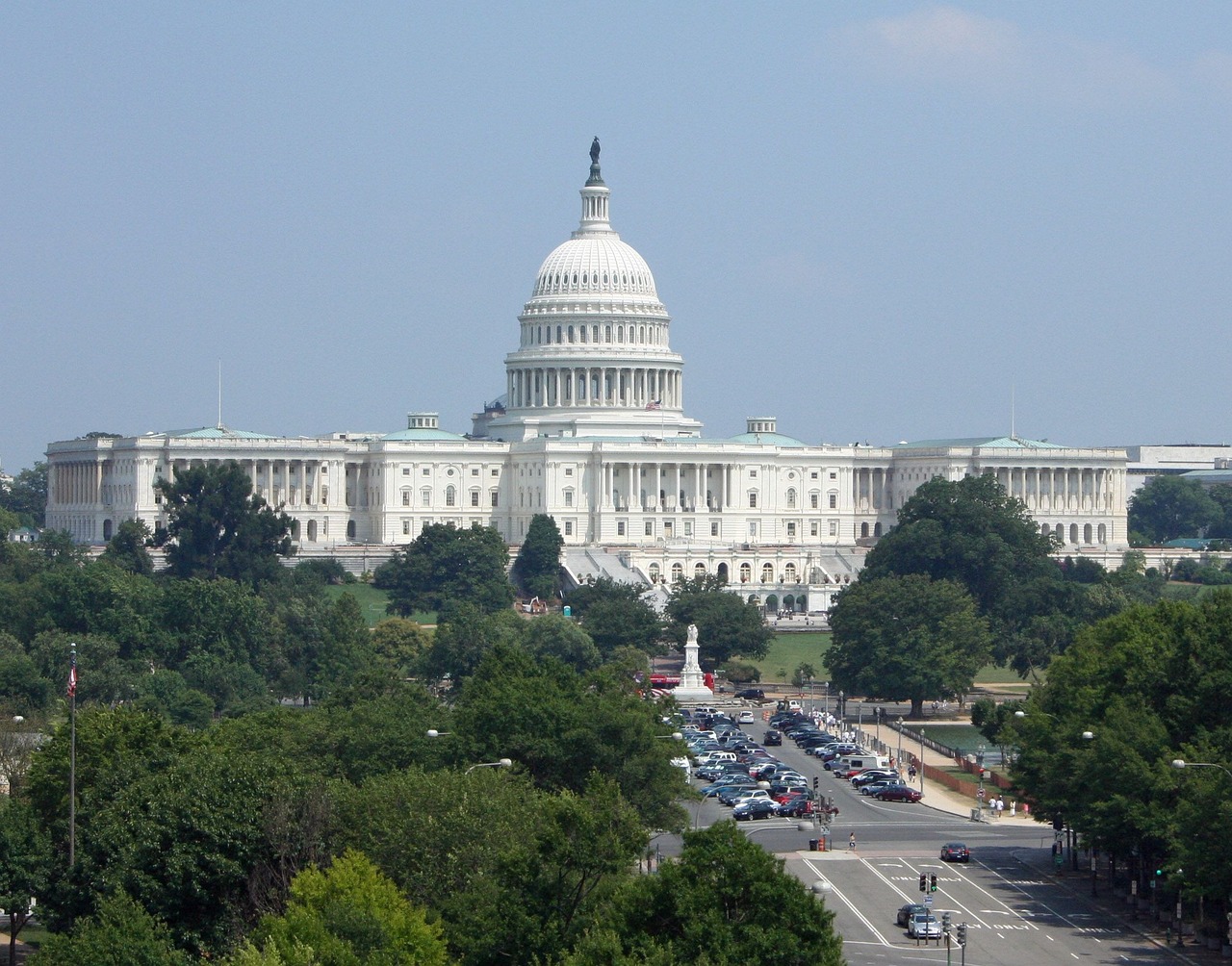The widespread use of CBD products has sparked many questions about their legal status. Despite being derived from cannabis, a Schedule I drug under federal law, CBD has gained popularity for its potential therapeutic benefits. But is CBD federally legal? In this comprehensive guide, we’ll explore the current regulations surrounding CBD and its legality. Let’s dive into this complex and fascinating topic.
The 2018 Farm Bill: A Game Changer for CBD
The Agricultural Improvement Act of 2018, commonly known as the Farm Bill, removed hemp and its derivatives, including CBD, from the list of controlled substances. This meant that hemp-derived CBD is no longer considered a Schedule I drug under federal law (1).
However, it’s important to note that the Farm Bill placed certain restrictions on the production and sale of hemp and CBD products. For example, hemp plants must contain less than 0.3% THC, the psychoactive compound found in cannabis (2).
The Role of the FDA in CBD Regulation
The Food and Drug Administration (FDA) is responsible for regulating products containing CBD that are intended for human consumption. In 2018, the FDA approved the first CBD-based drug, Epidiolex, for the treatment of seizures associated with two rare forms of epilepsy (3).
However, the FDA has not yet approved CBD as a dietary supplement or food ingredient. This means that manufacturers cannot market CBD products as dietary supplements or add CBD to food products (4).
State Laws and CBD
Although CBD is no longer considered a Schedule I drug under federal law, its legality varies from state to state. Some states have legalized CBD for medical or recreational use, while others have more restrictive laws (5).
It’s important to note that even in states where CBD is legal, certain restrictions may apply. For example, some states require that CBD products be derived from hemp rather than marijuana, while others require that CBD products contain no more than a certain amount of THC (6).
Conclusion: Navigating the Legality of CBD
The legality of CBD can be confusing and complex, with federal and state laws often in conflict. While the 2018 Farm Bill removed hemp-derived CBD from the list of controlled substances, the FDA has yet to approve CBD as a dietary supplement or food ingredient. State laws also play a significant role in determining the legality of CBD. To ensure that you’re following the law, it’s important to research the regulations in your state and consult with legal experts as needed.
References:
Here are the references for the blog post:
- Agricultural Improvement Act of 2018, Pub. L. No. 115-334, 132 Stat. 4490 (2018). https://www.congress.gov/bill/115th-congress/house-bill/2/text
- Hemp Production Program, U.S. Department of Agriculture. (n.d.). https://www.ams.usda.gov/rules-regulations/hemp.
- FDA Approves First Drug Comprised of an Active Ingredient Derived from Marijuana to Treat Rare, Severe Forms of Epilepsy, U.S. Food and Drug Administration. (2018, June 25). https://www.fda.gov/news-events/press-announcements/fda-approves-first-drug-comprised-active-ingredient-derived-marijuana-treat-rare-severe-forms.
- FDA Regulation of Cannabis and Cannabis-Derived Products: Questions and Answers, U.S. Food and Drug Administration. (2021, April 7). https://www.fda.gov/news-events/public-health-focus/fda-regulation-cannabis-and-cannabis-derived-products-questions-and-answers.
- National Conference of State Legislatures. (2021, March 31). State Medical Marijuana Laws. https://www.ncsl.org/research/health/state-medical-marijuana-laws.aspx.



